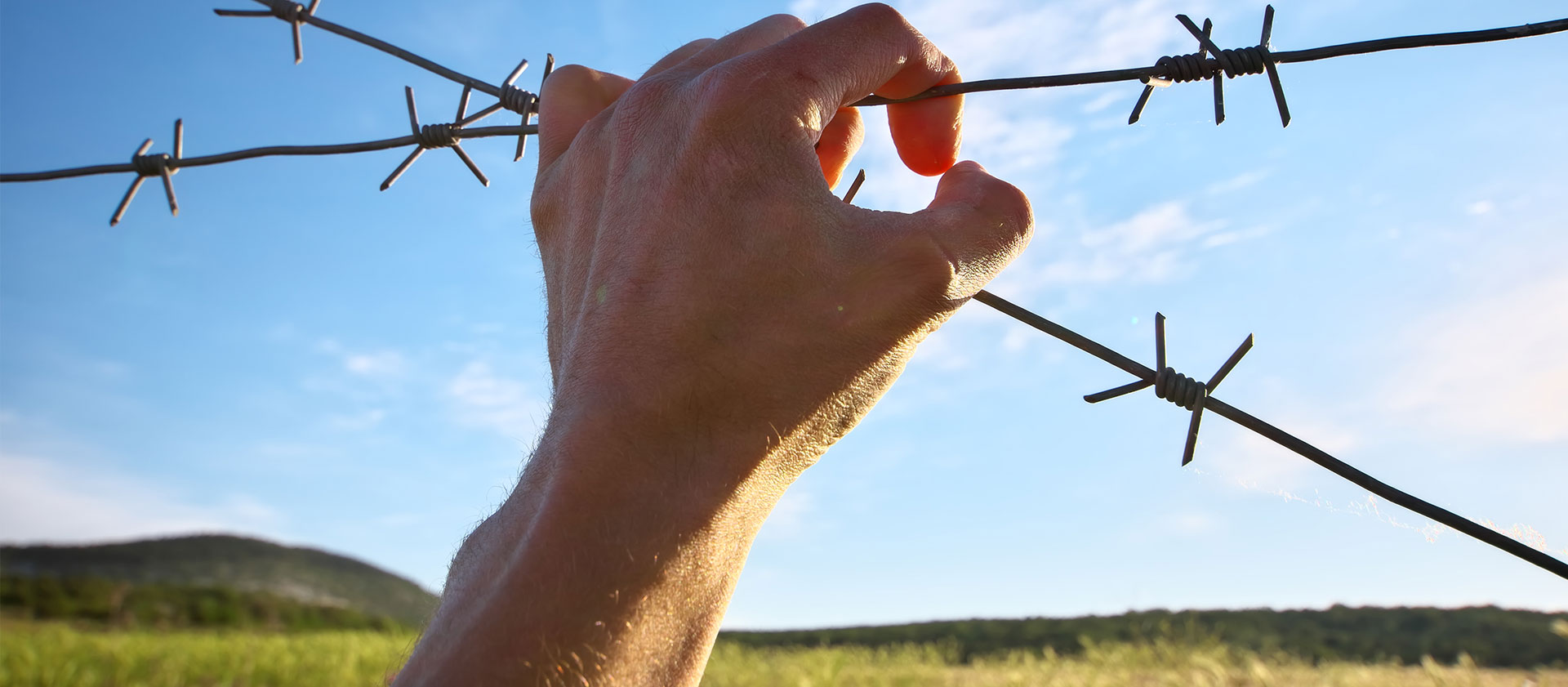
Optimism vs Realism
James Stockdale was the highest-ranking US military officer held captive in the infamous ‘Hanoi Hilton’ POW camp during the Vietnam War. His extreme personal experience shows how to find balance between optimism and realism. See how he managed to get through tough times towards a very uncertain future.
The Stockdale Paradox: have you heard about it? This is extremely relevant to our current every-day life.
In these challenging times, we face the fear of the unknown: when will COVID-19 go away? What does the future look like for you? Are you caught in a trap and you see no way out? What’s the point in trying, it will be so much easier to give up!
Wrong!!
James Stockdale’s story is about one of the most deceitful mind-set traps we find ourselves in: the ability to balance optimism with realism to get through tough times when the future is uncertain.
It’s a concept that is very relevant now and builds on the work of Viktor Frankl, the World War II Holocaust survivor who spoke of the power of choosing your response to life’s challenges.
James Stockdale was imprisoned for almost eight years and repeatedly tortured. In 2001, Jim Collins wrote about Stockdale in his classic business book, “Good to Great”. Collins asked Stockdale how he dealt with the trauma and unknown of captivity.
This is what he said: “I never lost faith in the end of the story… I never doubted not only that I would get out, but also that I would prevail.”
Collins then asked Stockdale: “Who didn’t make it out alive?”. His answer surprised the author: “Oh, that’s easy… The optimists.”
Stockdale explained that those who only focussed on being optimistic would hang their hopes on being out of prison by Christmas. But then Christmas would come and go, so they’d pin their hopes on a new date, perhaps Easter. Then that date would come and go too and the optimists would die of a broken heart.
It’s about hoping for the best and being positive, while being prepared for and facing up to the worst. We need to embrace both healthy optimism AND realism to get through this tough time and come out the other side stronger than ever.
What does this mean in the workplace? Have you been told “don’t worry, we will be back in the office by….”?
And when that time comes, you’re still in the same situation as you were 2 months ago? Rules start to relax and then you’re told “it’s okay team, we will be back in the office by …. And guess what? That time has now passed you by and you’re still in the same situation!
People can respond in one of two ways.
Either blaming the boss (“you said this and you said that”) or taking a knee (you step back and start to look at things through the lens of realism).
The intention from the organisation is to do the right thing, you would hope, yet as an individual you can check in with reality and be prepared to adjust and keep adjusting!
What are the benefits of doing this?
Adopting a growth mind-set is an easy win: there surely are many more but you should see the benefits up front!
There are two types of mindsets we can adopt when a situation occurs:
– Fixed
– Growth
Which are you? Let me explain the difference:
Fixed mindset
“I’ve tried to learn how to drive a car but I just can’t do it, therefore I won’t, I’m just no good at it!” My sister is a prime example of this, she realised after her first 2 driving lessons that she just can’t do it, she is embarrassing herself and wasting the time of others. To this date, she will not take another lesson.
Growth mindset
“I’ve failed my driving test 7 times, so I keep on learning and each time I’m getting better”. One of my best friends lived this experience. It is fair to say, after the 4th or 5th attempt you would really start to doubt yourself. Not him. He dusted himself off, took on all the learnings (and the financial hit) and kept going. On the 7th attempt, when he passed, he balanced the optimism vs reality concept and the realism was he just wasn’t ready, but he could adjust and see the benefits when the day finally arrived. Well done him!
The power of flexibility is unique to many situations and environments: the need to remain flexible is a key characteristic, for instance, to many job applications. If you scan the job adverts you will notice the organisation requires you to have a “flexible” approach and the ability to adapt in challenging situations. Again, balancing optimism v reality gives you a sense of flexibility when the situation arrives.
If you are fixed on what should happen and by when, you will be disappointed when that end state has not been achieved. If you add a sense of realism to any situation, this allows your mind to accept the outcome better. The mind can then reset and seek the next opportunities and your mental health can only benefit from it.
My suggestion: give it a go, try what I have recommended above and watch it transform how you view any situation.


